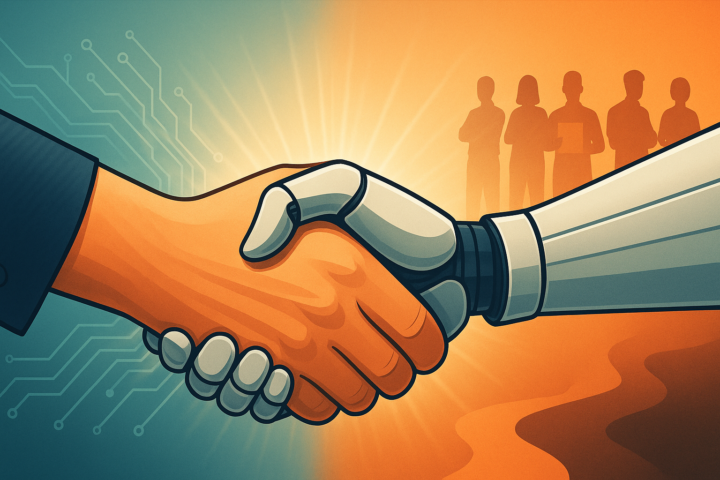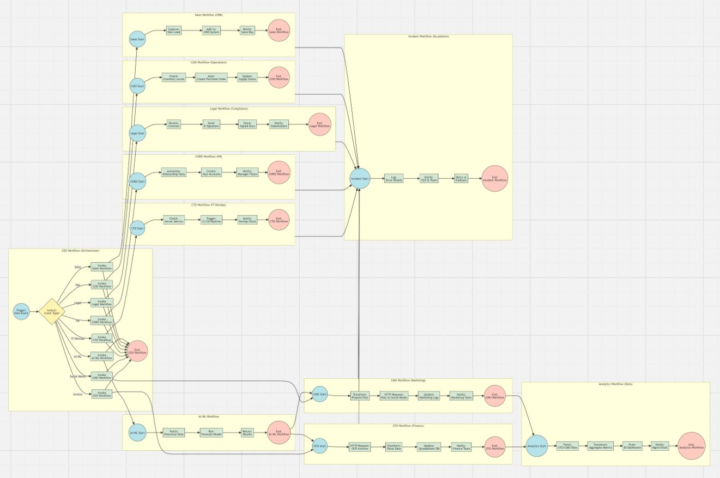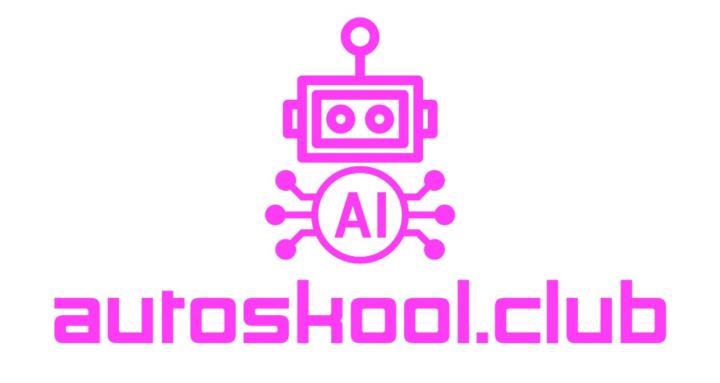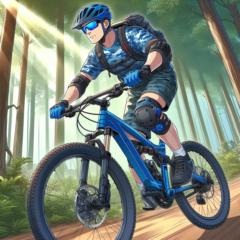The human-first AI&Automations Manifesto.
I need to be honest. When I started getting serious with AI and Automations, I treated AI like a speed-boost button: crank up output, slash costs, pat myself on the back. If a bot could replace a full team, great. One more win on the KPI board. I was bringing the future into the present by replacing all these boring repetitive tasks with AI agents. When I was presenting these projects, I was totally hype about all the cool enhancements these projects were bringing to the table. Human element was barely in then picture. Then someone wiser than me, came to me one day and said: -Didac, you are scaring people. They don’t really understand what you are doing and they only see this as a threat. It hit me and I also realised at thst moment why people was no helpful and they were reticent to collaborate with me to build these proemjects. It all made sense then. It was an eyes opening moment and it set a before and after for my AI Ethics view and future approach. Then, recently, a colleague looked me in the eye and asked, “Sure, we’re making things faster, more productive and we are saving on new hirings and recruitment fees…But what happens to the people we just made ‘extra’?” That simple question hit me like a punch. I went home, stared at my laptop, and pictured a future factory floor, lights humming, screens glowing, no voices, no laughter. Efficient, yes… but hollow and sad. Unfortunately that’s where we’re headed unless we draw a hard line right now. So before I wrote another line of automation code, I put together a nine-point code of conduct, a promise that every agent I build will lift humans up, not push them out. I’m calling it the Human-First AI Automation Manifesto. I’m sharing it publicly because promises kept in private are easy to break. Hold me to it. Hold each other to it. Let’s prove that tech can serve people, families, whole communities, and not the other way around. . 📣 Tag any builder, practitioner, PM, or exec who needs the reminder that spreadsheets don’t feel fear, but humans do.

It’s not MCP Vs A2A, it’s A2A Vs ACP.
I’ve been quiet and waiting to comment about the new A2A Google protocol because the amount of disinformation I’ve been seeing here, made me doubt even about my own understanding of it. So I think it is time to explain and clarify things. To start, I keep seeing people compare MCP to A2A as if they’re in the same weight class. They’re not. The real fight is A2A vs ACP, and it’s just getting started. 🔹 MCP (Model Context Protocol) is a plug‑and‑play pipe that lets one model call tools & data sources. Think “ChatGPT Plugins, but open‑standard.” 🔹 A2A (Agent‑to‑Agent) is Google’s vision of a global agent mesh: publish an Agent Card, discover others, then handshake over HTTPS or gRPC. No orchestrator required. 🔹 ACP (Agent Communication Protocol) is IBM’s counter‑punch: inherit MCP’s JSON‑RPC plumbing, add an orchestration layer, and let a “lead” agent farm out tasks to specialists. 🤜🤛 Protocol wars 2.0: VHS vs Betamax vibes, but for AI agents. MCP isn’t even in that ring, it’s the HDMI cable the contenders still need. 💡 My bet? We’ll end up with “MCP inside, A2A/ACP outside.” MCP feeds the tools; whichever agent‑mesh standard wins will choreograph the specialists. ❗ So please, let’s stop comparing apples to screwdrivers. The real conversation is A2A vs ACP, and how (or whether) they converge. Why MCP ≠ A2A❓ MCP’s remit is one AI model talking to external tools or data via JSON‑RPC; it was never designed for agent‑to‑agent discovery or delegation. Why A2A vs ACP matters❓ Google’s A2A starts with peer discovery (public Agent Cards) and assumes a flat, many‑to‑many network. IBM’s ACP keeps MCP’s request/response backbone but layers in orchestration verbs so one “hub” agent can split work and re‑assemble answers. Both chase identical use‑cases (multi‑agent workflows), so they’re natural competitors. How they might coexist❓ Teams already on MCP can adopt ACP internally and expose the whole cluster as a single A2A‑compliant agent card—bridging both worlds until the standards shake out.
1
0
First AI CEO. A glimpse of the future?
How would you feel if your boss was an AI? Does it sound crazy? Maybe we're not that far from it... Recently, I saw how the founder and CEO of heyBoss AI stepped down from her role to be replaced by the world's first AI CEO, Astra. This isn't just a marketing stunt. They've built a complex agentic system composed of AI engineers, writers, SEO experts, and other roles traditionally filled by humans. Astra orchestrates all these subagents under her direction. 'She's faster, smarter and more reliable than you. She works 24/7, speaks 30+ languages and has no ego or politics.' This is the feedback the previous human CEO received after the transition. I believe this is just the first of many such changes to come. Having thought about this concept for months, seeing it actually happen reassures me that I'm on the right track with my own project. If executed properly, it could revolutionize how companies operate today. My project, still in early development stages, aims to build an entire AI company structure, not just a CEO here and an engineer there, but the whole ecosystem. The underlying idea is to let people focus on what truly matters while AI handles everything else: customer service, invoice processing, inventory management, automated forecasting, CRM communication, legal and tax advice, and much more. All these functions can be automated with AI today, I just need to integrate them to work harmoniously. I'll share updates as we progress, but I'd love to hear your thoughts. Do you think this vision is impossible, or do you believe we'll see it happening soon in some form? Also, what parts of business operations do you think should remain human-driven, even in a heavily AI-augmented organization?

1-3 of 3

skool.com/autoskool-club
To become a top AI Practitioner, learning how to manage all these AI tools proficiently, is mandatory. I will teach you how to use them like a pro.
Powered by






